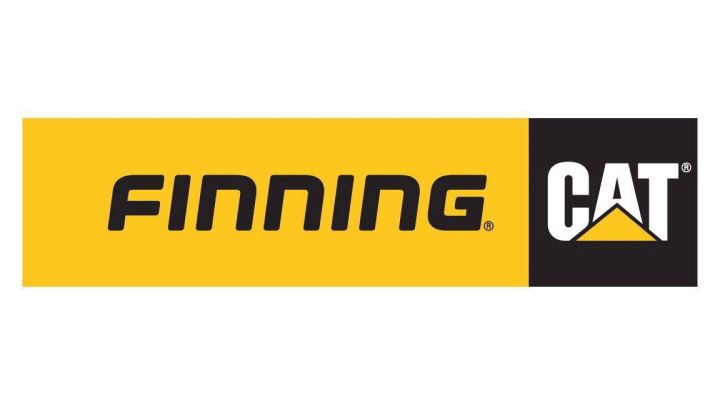Surprising strength in western Canadian oilsands and construction markets along with rising interest in driverless mining trucks and a tax cut in Alberta are fuelling optimism for Finning International Inc.

The Vancouver-based heavy equipment dealer on Wednesday credited sales and service growth from its Caterpillar dealerships in Canada, South America, and the United Kingdom and Ireland for second-quarter net income that was 11 per cent higher than the year-earlier period.
The company also noted improved efficiencies following restructurings in Canada and South America that included a five per cent staff reduction announced in early 2019.
“I’m really optimistic about the outlook for our Canadian business, particularly in light of an end market that wasn’t as negative as I thought at the start of the year,” said CEO Scott Thomson on a conference call.
Finning’s second-quarter net income came in at $88 million, up from $81 million a year ago.

Get weekly money news
Adjusted earnings were reported at 54 cents per share, ahead of analyst estimates of 42 cents, according to financial markets data firm Refinitiv.
Net revenue of $2 billion reflected a 15 per cent increase from $1.73 billion in the same period of 2018 and beat consensus analyst forecasts for $1.8 billion.
The company’s shares were ahead by about five per cent on the Toronto Stock Exchange at midday.
Finning said second quarter net revenue in Canada, its largest market, was up 18 per cent to $1.07 billion from a year ago due to higher new equipment sales and the contribution of $28 million from 4Refuel, a mobile refuelling service it bought for $260 million in February.
The oil curtailment program introduced by the previous NDP government in Alberta in January to head off discounts in local crude prices, along with other negative economic signs, led to expectations that industrial activity in the West would fall by as much as 30 per cent, Thomson said.
Growth numbers are down but not by that much, he said, pointing out that crude output in Alberta actually grew by 14 per cent year-over-year.
READ MORE: Oilsands production growth cut despite lower building costs in CERI forecast
Watch below: Some Global News videos about Canada’s energy sector.
Finning noted that Alberta corporate tax cuts enacted in May resulted in a $3-million boost to second-quarter earnings.
Meanwhile, Thomson said Caterpillar now has 14 autonomous mining trucks operating in Canada: six at Teck Resources’s Highland Valley Copper mine in B.C. and eight at an oilsands mine.
Calgary-based Imperial Oil Ltd. said earlier this year it plans to grow its use of driverless Caterpillar trucks from the current eight to 20 in 2020 at its Kearl mine in northern Alberta and may eventually automate its entire fleet of more than 75 mining trucks.
The trend has caused Finning to increase its internal projections for new truck sales and reduce its expectations for rebuilt trucks, Thomson said.
Finning reported second-quarter net revenue was up 10 per cent in South America, driven by a 32 per cent increase in new equipment sales in Chile’s mining sector.
Net revenue rose 11 per cent in the U.K. and Ireland, thanks to sales of equipment needed for electric power projects, despite the negative sentiment regarding a feared British exit from the European Union, Thomson said.














Comments
Want to discuss? Please read our Commenting Policy first.